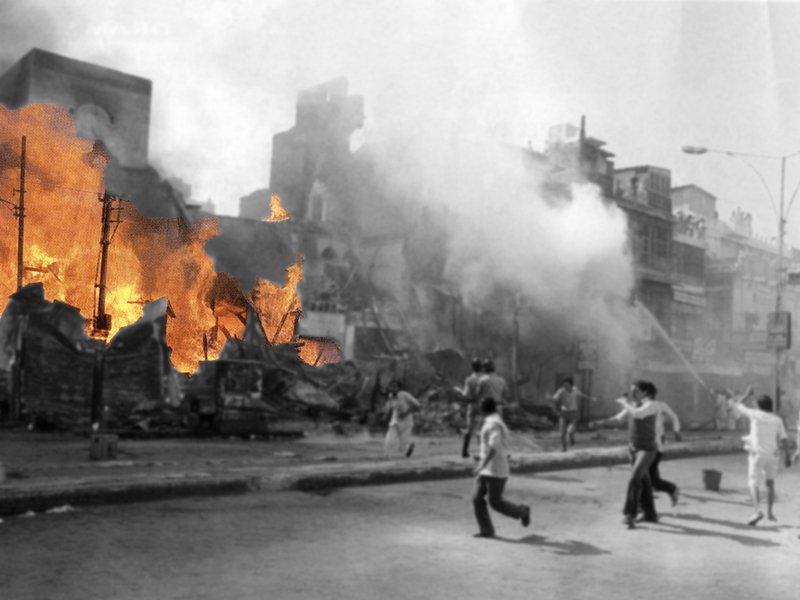In a controversial decision, a special court in Ahmedabad district has acquitted all 67 accused in the Naroda Gam post-Godhra riots case. The court, which was presided over by special judge S K Baxi, criticized the probe conducted into the case by a Special Investigation Team (SIT) formed by the Supreme Court, stating that the evidence of the prosecution’s witnesses was full of contradictions and could not be relied upon.
The Naroda Gam riots took place on February 28, 2002, when a bandh call was given by right-wing organizations to protest against the burning of Sabarmati Express train in Godhra a day before. Eleven people were burnt alive in the Naroda Gam area of Ahmedabad district during the riots.
The 67 accused included former state Bharatiya Janata Party (BJP) minister Maya Kodnani, ex-Vishwa Hindu Parishad leader Jaydeep Patel, and former Bajrang Dal leader Babu Bajrangi. Kodnani was sentenced to 28 years in jail by a special court in 2012 for her involvement in the Naroda Patiya massacre, which took place on the same day as the Naroda Gam riots and resulted in the deaths of 97 people.
The acquittal of the accused in the Naroda Gam case has been met with widespread criticism. Many have expressed their disappointment with the verdict and have questioned the integrity of the justice system. The case has been widely seen as a test of India’s commitment to upholding the rule of law and bringing justice to victims of communal violence.
The flaws in the SIT probe have been a major point of contention in the case. The court noted that many of the prosecution’s witnesses had given contradictory statements, and that the evidence presented by the prosecution was insufficient to prove the guilt of the accused beyond a reasonable doubt.
The acquittal of Maya Kodnani, in particular, has been a cause for concern. Kodnani was a prominent figure in the Gujarat riots and was considered one of the key architects of the violence. Her acquittal in the Naroda Gam case has led many to question the sincerity of the government’s commitment to bringing justice to the victims of the riots.
The decision has also been criticized for its potential impact on communal harmony in the country. The riots of 2002 were some of the worst instances of communal violence in India’s recent history and resulted in the deaths of over 1,000 people, mostly Muslims. The acquittal of the accused in the Naroda Gam case could further inflame tensions between Hindus and Muslims and undermine efforts to promote communal harmony in the country.
The verdict has also raised questions about the effectiveness of the SIT in investigating cases of communal violence. The SIT was formed by the Supreme Court in 2008 to investigate cases related to the Gujarat riots and was widely seen as a significant step towards ensuring justice for the victims. However, the flaws in the SIT probe highlighted in the Naroda Gam case have led many to question the effectiveness of the SIT in carrying out its mandate.









